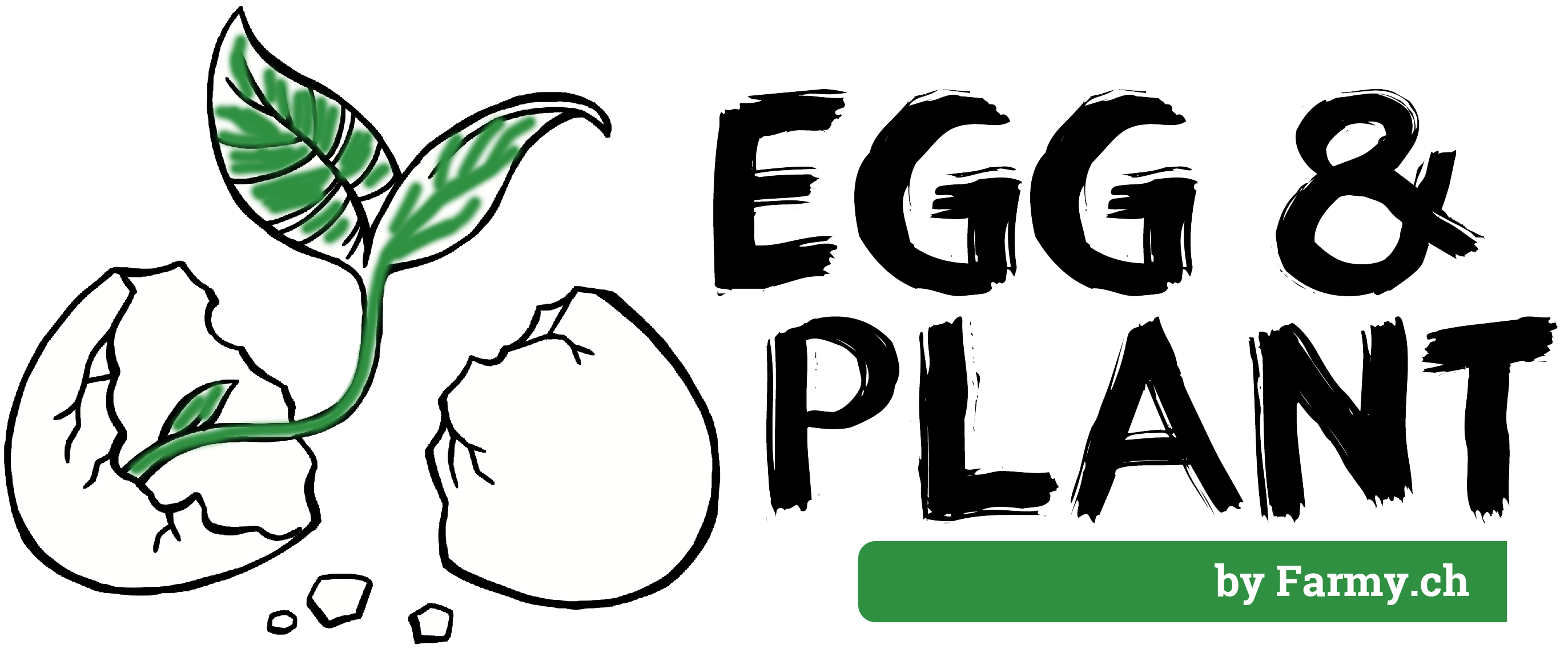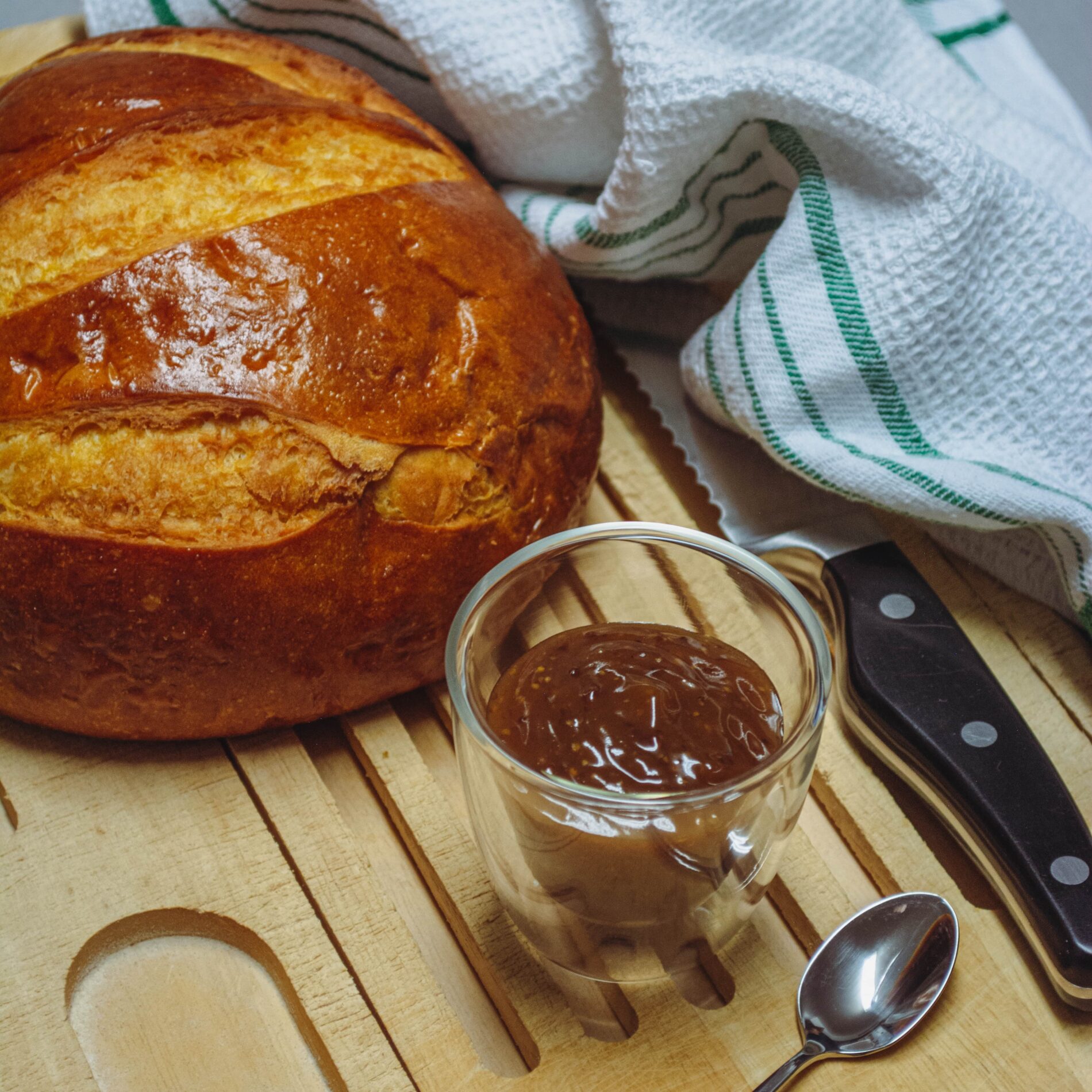
A living tradition in Switzerland, the Bénichon is an emblematic festival of the Fribourg region. Famous for several centuries, it was originally an event of blessings, where we thank the gods for all that nature has given us as well as all that we have been able to harvest during the year.
The earliest appearance or mention of this festival dates back to the 15th century. At that time, Bénichon was also a secular festival, and the population took advantage of it to dance in the villages, like a holiday. However, the festival became too important and people took the opportunity to participate in several villages and thus took advantage of having several days off. Since then, the date that seals the origin of this ceremony is 1747 following the enactment of an ordinance to clarify certain rules, including allowing parishes to continue to celebrate but prohibiting the population from celebrating, dancing and entertaining outside of one date; the second Sunday of September.
The religious ceremony disappeared centuries ago and was replaced by the Bénichon as we know it today: a popular and gastronomic festival where its menu and products are the stars. There are no more restrictions on dancing, but the single date has remained unchanged everywhere, although…
Each village, or at least each region of the canton of Fribourg, has its own date for celebrating the Bénichon. The Bénichon festival therefore takes on a new dimension: it marks the end of work in the fields for the September Bénichon, and the return of the herds to the plain after a summer spent in the mountains for the October Bénichon.
For the most courageous, after having eaten the entire Benichon menu, there is still the “Recrotzon”. This is the week after the festival, when all the leftovers are eaten and the work is celebrated one last time.
What is the menu?
Gargantuan, almost endless, the menu of the Bénichon is as traditional as the history of its celebration. The main products are the ham and the leg of lamb, both accompanied by cabbage, carrots, potatoes, green beans, Botzi pears… But nothing goes without the other, we start the meal with the famous cuchaule served with Bénichon mustard followed by a cabbage soup and we finish the feast with cheeses such as Gruyère and Vacherin before attacking the famous meringues and double cream dessert. If you were hoping to go on a diet, you’re out of luck (at least for the week)!
The Bénichon is nice, but it’s not the only one.
There are several traditional festivals in Switzerland, particularly in French-speaking Switzerland. From January to December, our country is full of activities and festivities to go through, all for the sake of tradition.
At the beginning of May, you can take part in the Finale Nationale de la Race d’Hérens in Valais. This is a great event at the end of which a cow is elected queen and will lead the herd to the mountain pastures.
Another traditional monument, the International Alphorn Festival held at the end of July, brings together several musical artists from all over the world and has become a tourist attraction.
Of course, the 1st of August is well known to the whole population as it is the bank holidays. Celebrated throughout Switzerland with fireworks, firecrackers and communal meals, this ceremony marks the foundation of our Confederation.
In the same region as the Benichon, in Charmey, the end of September is the time when the herds come down from the mountain pastures, known as the désalpe (not to be confused with the “poya”, which is its opposite).
At the same time, in the Neuchâtel region, one of the most important festivals in our nation is held, the fête des vendanges. It is a festival celebrating the beginning of the harvest of grapes for wine production.
From September to October, depending on the commune, the famous Bénichon appears to celebrate the end of work in the fields and in the mountains.
Finally, the French-speaking part of Switzerland offers us another opportunity to have fun thanks to the Escalade festival in Geneva, recalling the victory against the Duke of Savoy in 1602 with the help of a procession and the famous chocolate pot.











What do you think?